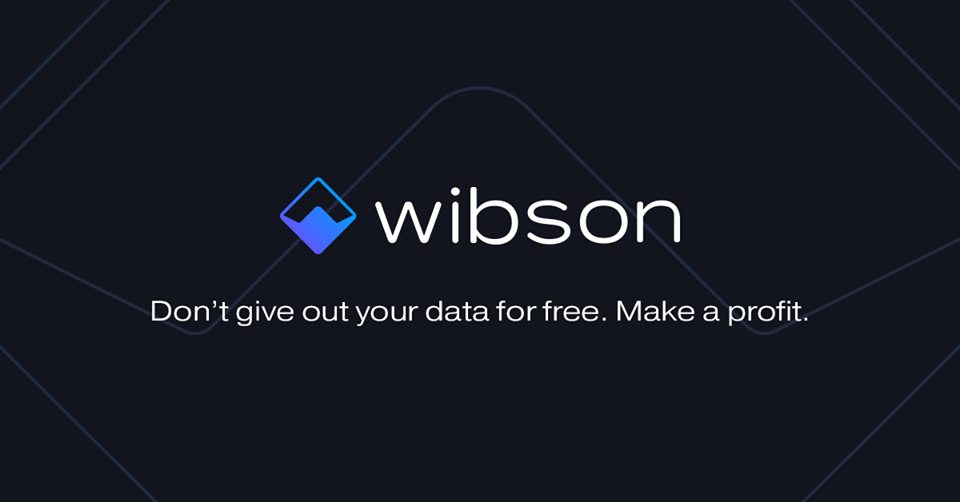After years of unabashed online activity, new concerns about user privacy and data security are causing many to rethink the priority of user data control. For most of the past decade, the user experience was the primary concern for most technology companies and collecting droves of user data was the easiest way to create a compelling user experience that gained clicks, followers, and likes.
In many ways, it felt like a win-win situation. Users were gaining free access to incredible platforms while being presented with advertisements for products that they might actually want to buy. Advertisers were able to diminish their reliance on the shotgun approach of print, commercial, and billboard advertisements in which they shoot a message at consumers and hope that something strikes an interest. Most notably, the platforms that were connecting businesses and customers – Facebook, Google, and others – were making unfathomable sums of money. According to CNBC, in 2017, Facebook and Google were estimated to make more than $100 billion on digital advertising sales, which comprises an astonishing “46.4 percent share of advertisers’ total global digital ad spend.”
Of course, this was a completely fine and everyone seemed happy with the arrangement until it was entirely not okay anymore.
The End of Centralized Confidence
As internet services grew larger and accumulated more data to continue their lucrative relationships with advertisers, the scope of data collection became more significant.
Technology skeptics had sounded the alarm for a long time, and Edward Snowden’s 2013 release of classified NSA data brought increased attention to unquestioned trust in user privacy and data security. However, when Yahoo Inc. announced a massive system hack in 2016, the proverbial bubble officially burst. By the time the scope of the attack was fully understood, it was revealed that the hack “affected every single customer account that existed at the time.” In total, more than 3 billion user accounts were compromised.
What’s worse, Yahoo’s platform hack is just one of many. Credit monitoring firm, Equifax, endured a significant system hack, the scope of which is still being determined more than a year later. Dozens of hacks dot the last several years, and under the current arrangement, it’s unlikely that things will get better.
As the Harvard Business Review asserts, “Clearly, the system is broken, and it’s time to stop and ask ourselves why we continue to rely on a system that doesn’t stand up to the challenges we face in a digital society.”
The collective lesson is clear: technology companies are reaping tremendous rewards from their users’ data, while users are shackled with all of the risk and none of the rewards.
A New Beginning with Blockchain
Meanwhile, the blockchain, the now famous technology that supports cryptocurrencies like Bitcoin, is offering a better way for users to take back control of their data while also providing themselves with better protection and security. Since users are the ones with the valuable commodity, not technology companies, this is a welcome change.
The blockchain boasts many features that make this possible, but the most critical component is its tokenization of user data. By tokenizing user information, the blockchain can simultaneously allow someone to be fully present on a platform while also maintaining privacy and data control.
This allows users to enjoy all the benefits of a platform without demeaning their value or putting their own data at risk.
Monetizing User Data
Although a user’s data is the most valuable commodity for tech companies, their only compensation is free access to internet platforms, which seems trivial compared to the hundreds of millions of dollars that these companies gain from advertising sales.
Several organizations are reorienting the relationship between users, their data, and the advertisers that so heavily covet the information.
For example, Wibson, a blockchain-based marketplace, allows people to sell their tokenized personal data to advertisers. For the user, this data is completely private and secure, and for advertisers, it’s completely validated and verifiable.
Under this arrangement, advertisers get better data, and users are compensated for their information. This is a much better situation for everyone involved.
Protecting User Data
Customer data is inherently important to the customer, but securing that data is essential for platforms and advertisers as well.
The blockchain is a decentralized network, which secures it from many of the malicious attacks that frequently compromise centralized networks. For example, DDOS attacks, one of the most prevalent worldwide hacking attacks, are rendered useless on the blockchain.
Moreover, because user data is already tokenized, the most sensitive is always shielded behind a wall of privacy.
Consumers deserve to be compensated for their information, and companies have a responsibility to protect that data. The blockchain achieves both of these, and it represents the future of technology and our relationship with it.
